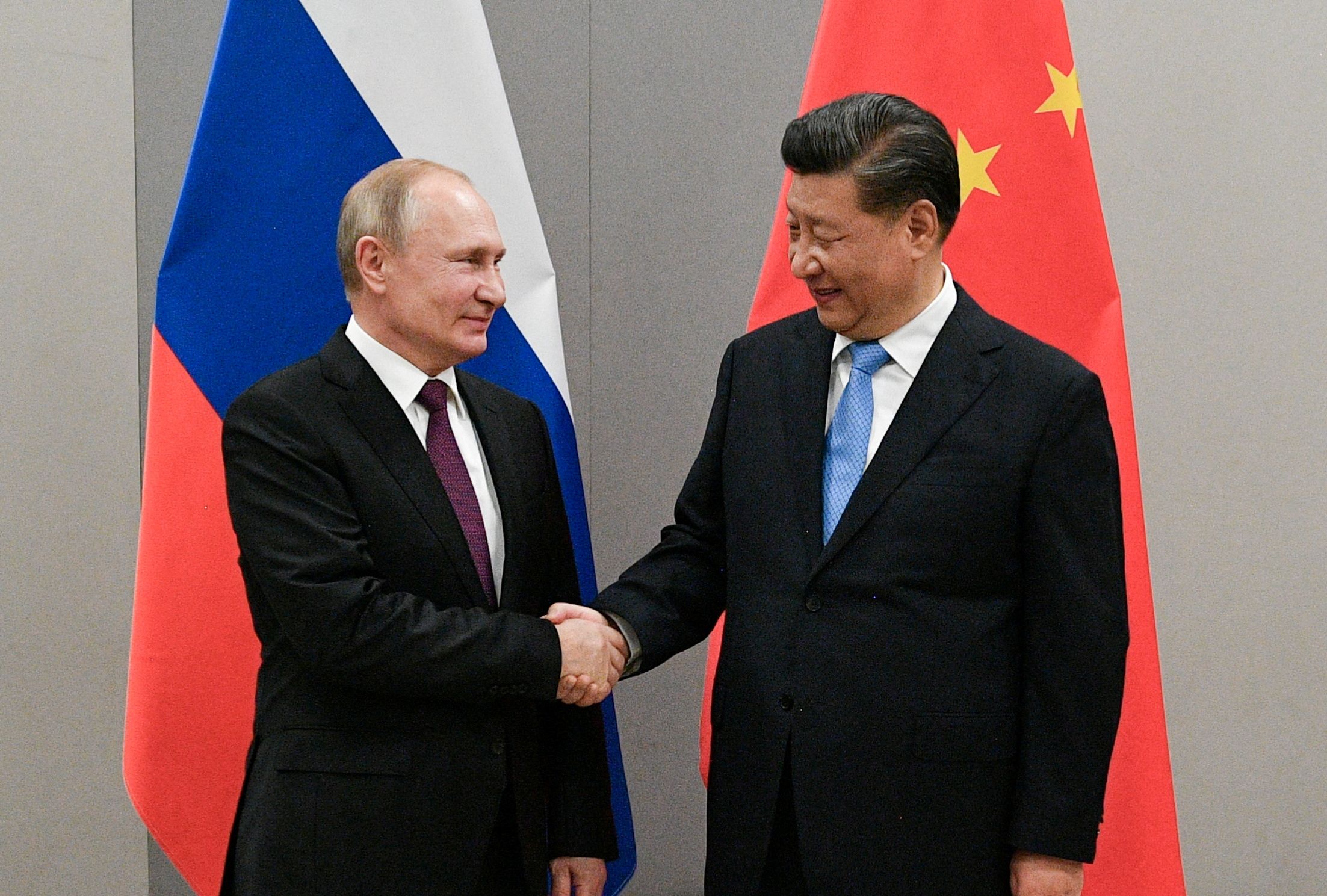While Russia is continuously receiving increased economic sanctions, its businessmen have decided on how to keep doing business with China through stablecoins. This is evident as the commodities traders, exporters, and various firms have adopted the usage of digital currencies such as Tether (USDT) in their transactions with their Chinese counterparts.
Individuals and companies must avoid using traditional banking systems that are vulnerable to sanctions and the possibility of frozen accounts in foreign countries. This way, using the speed and the security of these cryptocurrencies that are linked to fiat currencies such as the US dollar, Russian companies can complete transactions with ease, efficiency, and with a mere disruption to their businesses.
This trend is not peculiar to Russia alone, in fact, it is witnessed in most developing countries. For instance, countries that experienced economic sanctions, like Venezuela, have used stablecoins to conduct cross-border transactions in the past, acknowledging their function as instruments that can help avoid dollar availability restraints and restrictions on capital movement.
In Russia, there is a pressing need for the regulation of cryptocurrencies, and thus there are changes taking place within the country. The central bank which once described cryptocurrencies as a potential threat to the economy has in recent past supported experimentation of crypto for cross-border payments. Members of the legislative branch of the federal government are also working to introduce legislation that will help regulate the use of stablecoins in cross-border transactions, which are proving critical to the country’s financial system.
Accordingly, Russian banks are slowly stepping up their presence in the cryptocurrency industry to meet the growing need of businesses that are interested in using cryptocurrencies to perform payments. For example, Rosbank launched cross-border payments with cryptocurrency for businesses in June of last year, and this indicated that other financial institutions will also start incorporating such services.
While stablecoins are one solution, some Russian firms have found another solution in barter transactions as a way of avoiding cross-border transfers in the first place. These arrangements include barter where products are exchanged for goods that are taken to Russia; they offer the company another way of working around financial challenges.
Exploring the continued challenges of international sanctions, the application of stablecoins, and new forms of financial work, on the example of cryptocurrencies, underlines the relevance of cryptocurrencies and their role in trade relations, especially for countries with economic problems.





